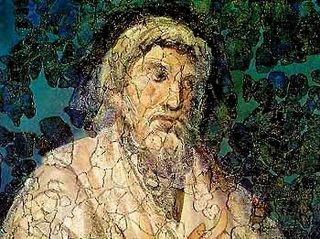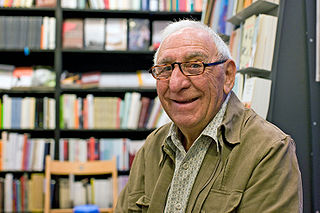A Quote by Ralph Waldo Emerson
To be able to discern that what is true is true, and that what is false is false,--this is the mark and character of intelligence.
Related Quotes
Either Christianity is true or it's false. If you bet that it's true, and you believe in God and submit to Him, then if it IS true, you've gained God, heaven, and everything else. If it's false, you've lost nothing, but you've had a good life marked by peace and the illusion that ultimately, everything makes sense. If you bet that Christianity is not true, and it's false, you've lost nothing. But if you bet that it's false, and it turns out to be true, you've lost everything and you get to spend eternity in hell.
All religions, plainly and simply, cannot be true. Some beliefs are false, and we know them to be false. So it does no good to put a halo on the notion of tolerance as if everything could be equally true. To deem all beliefs equally true is sheer nonsense for the simple reason that to deny that statement would also, then, be true. But if the denial of the statement is also true, then all religions are not true.
If we consider the actual basis of this information [i.e., intelligence], how unreliable and transient it is, we soon realize that war is a flimsy structure that can easily collapse and bury us in its ruins. ... Many intelligence reports in war are contradictory; even more are false, and most are uncertain. This is true of all intelligence but even more so in the heat of battle, where such reports tend to contradict and cancel each other out. In short, most intelligence is false, and the effect of fear is to multiply lies and inaccuracies.
My point taken further is that True and False (hence what we call "belief") play a poor, secondary role in human decisions; it is the payoff from the True and the False that dominates-and it is almost always asymmetric, with one consequence much bigger than the other, i.e., harboring positive and negative asymmetries (fragile or antifragile). Let me explain.






































